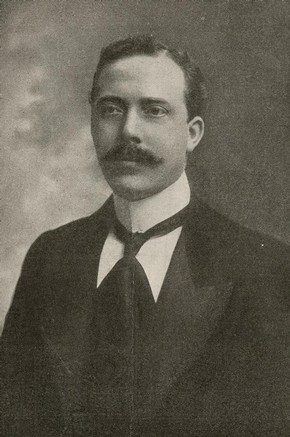Close textual analysis of the original document is the first step. The letter offers some genealogical material for consideration: the data about her father, her sons, her cousin, all help the researcher on Ancestry. She was not writing with me in mind, however! Her discussion of kinship is part of how she writes Vesta into her family. 'My dear Vesta' is proprietary, and discussions of how the rest of Louisa's family know Vesta as well makes the claim more total. Between Vesta knowing, courtesy of this letter, about Louisa's family, and also by Louisa explaining who else she knows in Vesta's - Vesta's brother and sister, Vesta's husband via her cousin - the ties go both ways. Making Vesta 'part of the family', gives Louisa's letter a validity she needs to send this message across the boundary between fan and star.
But it's not just kinship she uses to validate her writing. She also namechecks many important touchstones in the music industry, both in Liverpool and also nationally. First, she tells Vesta that she could have been on stage, bar the intervention of her father. 'I am one of you' is implied, and reinforced when she describes her son asking her to perform Vesta's songs for him. Second, the venues she mentions were among the major stops on the music hall circuit, over the nearly 40 years in which Vesta was performing in them, and Louisa was in the audience. The fact Louisa can name the changes from Alexandra to Empire, and the arrival of the Hippodrome further demonstrates her commitment. Third, she namechecks the proprietors of these venues - Mrs Saker of the Parthenon, Mrs Stoll and her son (Oswald) - to imply again that she and Vesta share the same network of associates. Louisa is not just coming for the show. She is also part of the community.
It's a common human trait, seeking commonalities with those with whom you want to interact. Most of the commonalities Louisa puts in her letter, and I've described above, are fairly shallow. 'I've been to many performances' does not create parity between star and audience member. However, what could be written off as overstretching, as contrived when described as above, is tempered by the interjections that show us just how big of a gap there really was between Louisa and Vesta. It's at its most poignant when she says, one sentence on from claiming Vesta as her friend, that the one time she tried to speak to her, 'a Lump came in my throat + I couldn't manage it.' For all that Vesta means to Louisa, there is still a gap between stalls and stage which remains unbridged. Louisa tells us so, with her speechlessness.
I'll come back to the content of the letter in a further post, once I've told you what I've found out about Louisa's life through genealogical research. Get ready for maps and old pictures!

